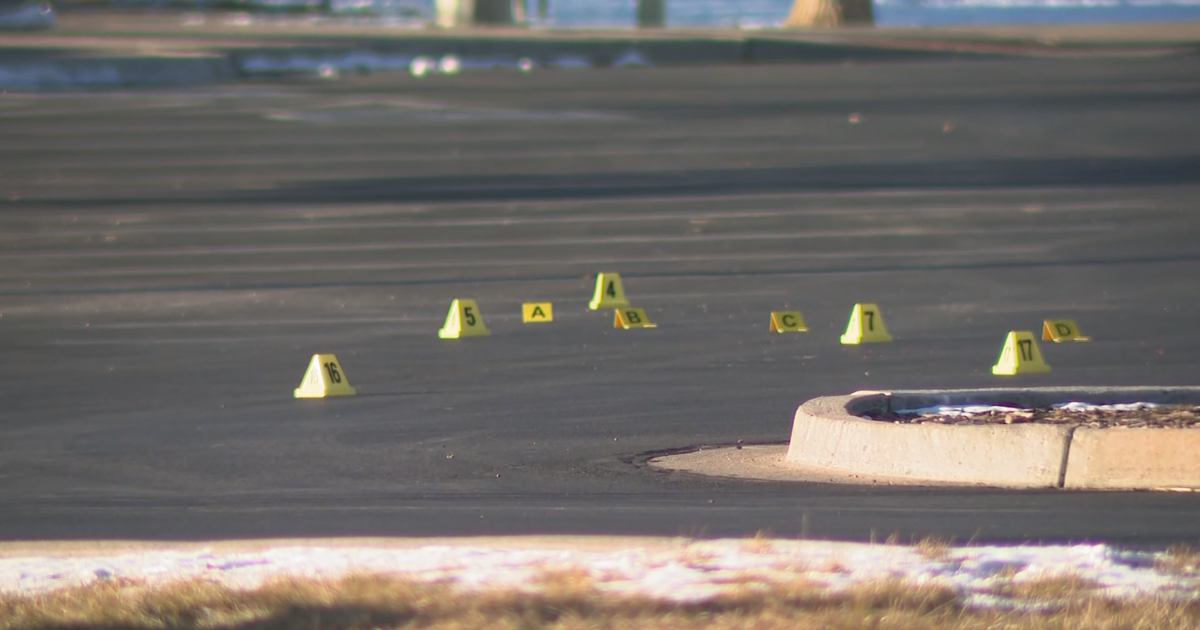Deadly food poisoning tears through camp for displaced people
HASSAN SHAM U2 CAMP, Iraq -- A mass food poisoning at a camp for displaced people near the northern city of Mosul has killed at least two and sickened hundreds, Iraq's health minister said on Tuesday.
Adila Hamoud, the minister, told The Associated Press in Baghdad that 752 people took ill after a meal the previous evening at the Hassan Sham U2 camp, located about 13 miles east of Mosul.
The food, provided by a non-governmental organization, was meant for an iftar, a meal with which Muslims break their dawn-to-dusk fasting during the holy month of Ramadan. Hamoud said a woman and a girl died while at least 300 people remain in critical condition.
She would not speculate whether the poisoning might have been intentional.
The incident quickly became new fodder for a diplomatic dispute between several Arab nations and Qatar, however, with an Iraqi lawmaker who visited the camp overnight and Saudi state television accusing a charity from Qatar of providing the tainted food.
The claims could not be independently confirmed and Qatari officials did not immediately answer calls for comment.
A formal investigation was launched into the incident by authorities, said lawmaker Raad al-Dahlaki, who chairs the Parliament's immigration and displacement committee. Al-Dahlaki, who visited the camp overnight, said the meal contained rice, a bean sauce, meat, yoghurt and water. He put the number of sickened people at 850.
The camp houses thousands who have fled their homes in and around Mosul after a U.S.-backed Iraqi offensive was launched to dislodge the Islamic State group from the city last October. According to the U.N. refugee agency, it houses 6,235 individuals.
Iraq's second-largest city, Mosul, fell to ISIS in the summer of 2014 as the militants swept over much of the country's northern and western areas. Weeks later, the head of the Sunni extremist group, Abu Bakr al-Baghdadi, announced the formation of a self-styled caliphate in Iraq and Syria from the pulpit of a Mosul mosque.
Month's after the start of the Iraqi offensive, ISIS militants now only control a handful of neighborhoods in and around the Old City, located west of the Tigris River, which divides Mosul into its western and eastern sector.




